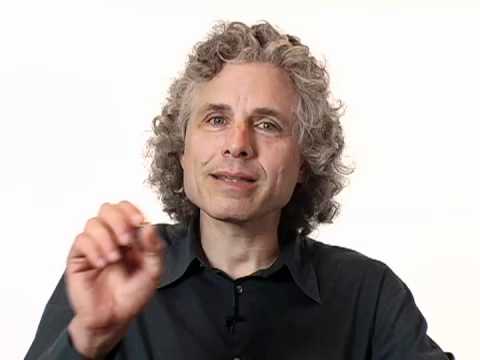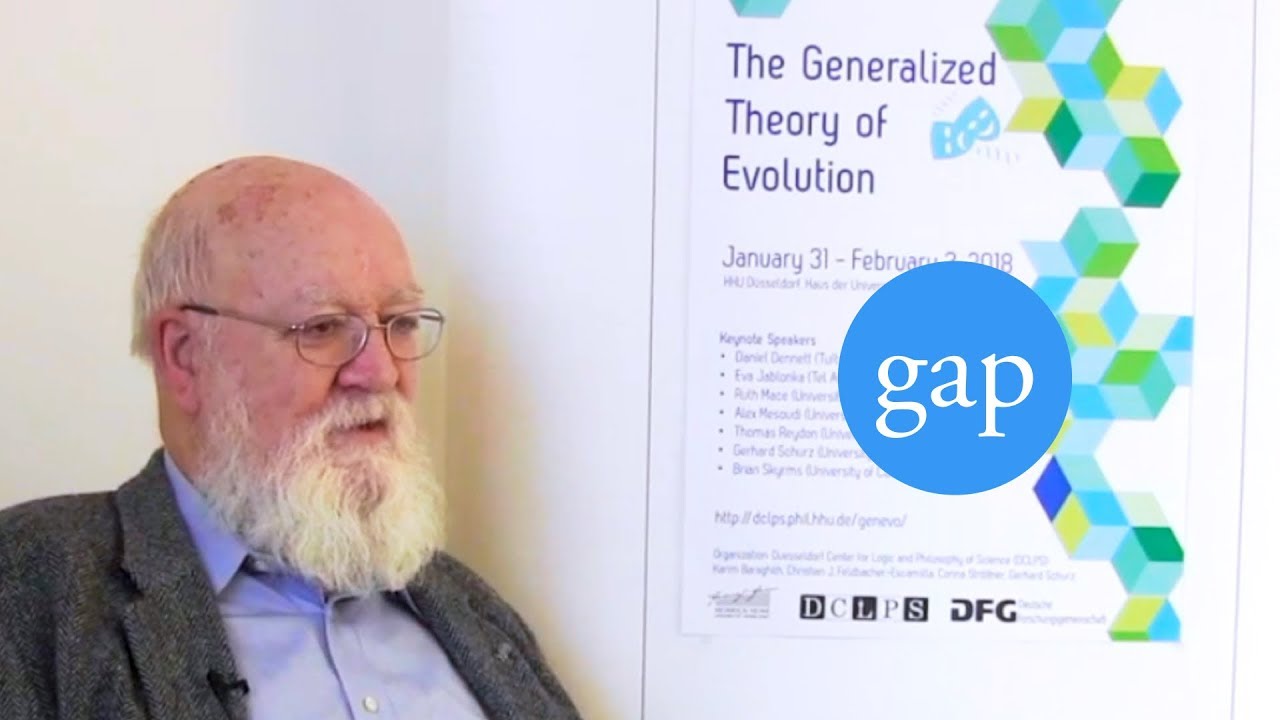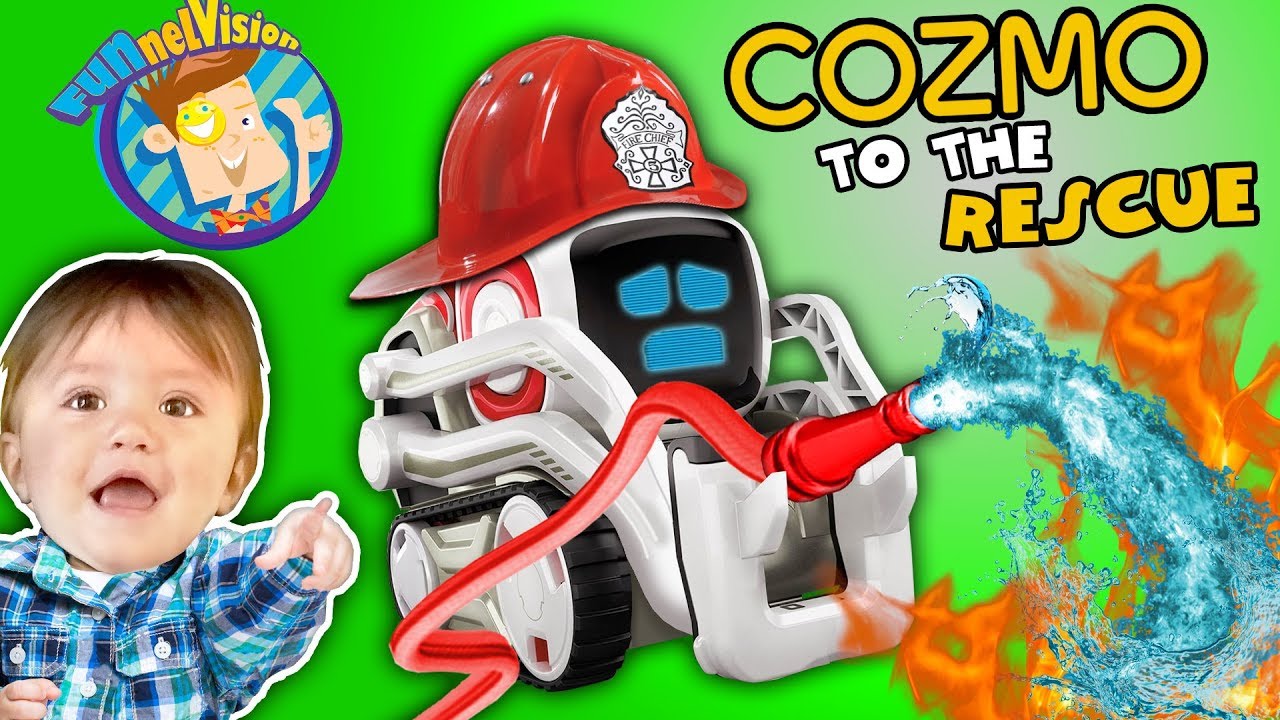Big Think
“You’re kind of unclear as to why this Leviathan would just be kind of a fascist dictator, as if that would be better than life in the state of anarchy.”
Pinker: I might want to resuscitate Thomas Hobbes and have dinner with him, the 17th century English philosopher who’s mostly — and I think I’m unfairly — associated with the idea that life in the state of nature is nasty, brutish, and short. Hobbes was a witty and brilliant writer. He was a kind of psychologist who had a physiological, mechanistic view of thinking and emotion. He said reasoning is but reckoning — reckoning in the original sense of computation or calculation. He thought deeply about the problems of violence, and had an analysis of the causes of violence that I think are quite valid today. He put his finger on what might be the greatest violence reduction technique ever invented. That is a responsible government. And he . . . Wherever you turn, I think, in psychology and philosophy, you find areas in which he had some _______ or _______. So I would love to pick his brains if I could. I’d ask him how he would solve the problem of policing the police. He had this concept of the leviathan — that is a government to which people would voluntarily surrender their autonomy in exchange for having to adjudicate disputes and basically keep us from each other’s throats. But I’d say to him, “You’re kind of unclear as to why this leviathan would just be kind of a fascist dictator, as if that would be better than life in the state of anarchy.” Well one thing we’ve learned is that not only is it better to have a government and be in anarchy; but on the other hand having a ________, aggressive government might not be much better than living in anarchy. I would ask him whether he could anticipate the concept of democracy, and how his own view of human nature could be confronted with the idea that whoever is leading the government would himself have the flaws of human nature. How do you square that circle?
Pinker: I might want to resuscitate Thomas Hobbes and have dinner with him, the 17th century English philosopher who’s mostly — and I think I’m unfairly — associated with the idea that life in the state of nature is nasty, brutish, and short. Hobbes was a witty and brilliant writer. He was a kind of psychologist who had a physiological, mechanistic view of thinking and emotion. He said reasoning is but reckoning — reckoning in the original sense of computation or calculation. He thought deeply about the problems of violence, and had an analysis of the causes of violence that I think are quite valid today. He put his finger on what might be the greatest violence reduction technique ever invented. That is a responsible government. And he . . . Wherever you turn, I think, in psychology and philosophy, you find areas in which he had some _______ or _______. So I would love to pick his brains if I could. I’d ask him how he would solve the problem of policing the police. He had this concept of the leviathan — that is a government to which people would voluntarily surrender their autonomy in exchange for having to adjudicate disputes and basically keep us from each other’s throats. But I’d say to him, “You’re kind of unclear as to why this leviathan would just be kind of a fascist dictator, as if that would be better than life in the state of anarchy.” Well one thing we’ve learned is that not only is it better to have a government and be in anarchy; but on the other hand having a ________, aggressive government might not be much better than living in anarchy. I would ask him whether he could anticipate the concept of democracy, and how his own view of human nature could be confronted with the idea that whoever is leading the government would himself have the flaws of human nature. How do you square that circle?
Source




I'm unsubbing, I want to be able to see other videos in my inbox!
In Hobbes' age, the British suffered from a violent civil war, and most its citizens are still uneducated and superstitious. Therefore, Leviathan will work better than democracy. However, the time has changed and we humans have better alternatives. Hobbe's Leviathans will just be lame, brutal, and unproductive.
Hobbes is a product of his time. In my view it's unclear that he believed in an autocrat per se, he just believed in strong central government with authority over the populus.
Hobbes might have been a product of his time but he was a reactionary during a reactionary time.
Aside from the Leviathan he was also generally a slavery apologist (unless I'm confusing him with Burke) and had a view of human "freedom" that was completely insane.
Although given Pinker's politics its easy to see why he would want to resuscitate him.
That's not entirely fair. I don't think Pinker likes Hobbes' politics as much as he probably likes Hobbes' psychology and, maybe, his philosophical materialism.
Pinker might be against an overt dictatorship but he defended the US's incarceration policies as a good example of the Leviathan, ie, having the highest incarceration rate in the world which isn't exactly progressive.
Those were also some of the public arguments given by the Royalists, the problem wasn't illiteracy, it was radical and organized demands given by people like the diggers and levellers.
The struggle was over hierarchy and authority, not effective governance.
That's what I think when I read about the Leviathan – a totalitarian, fascist, aggressive dude with a trident.
If he actually read Leviathan through I'll be very surprised.
What a babe!
Hobbes knew that any "Leviathan" would be kind of an ass, but it was still ORDER. Any order was better than none.
He wouldn't need to "anticipate" the concept of democracy. Democracy predates Hobbes by thousands of years and was well known as a terrible form of government. Its just been re-packaged as a promising new discovery since the end of the enlightenment.
1:20 What did he say? “He had some ____ or _____?” Sounds French, anyone know?